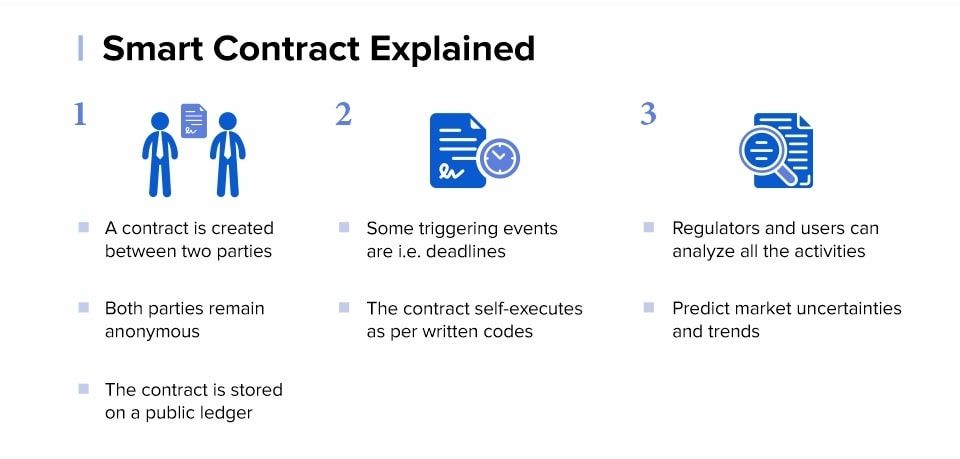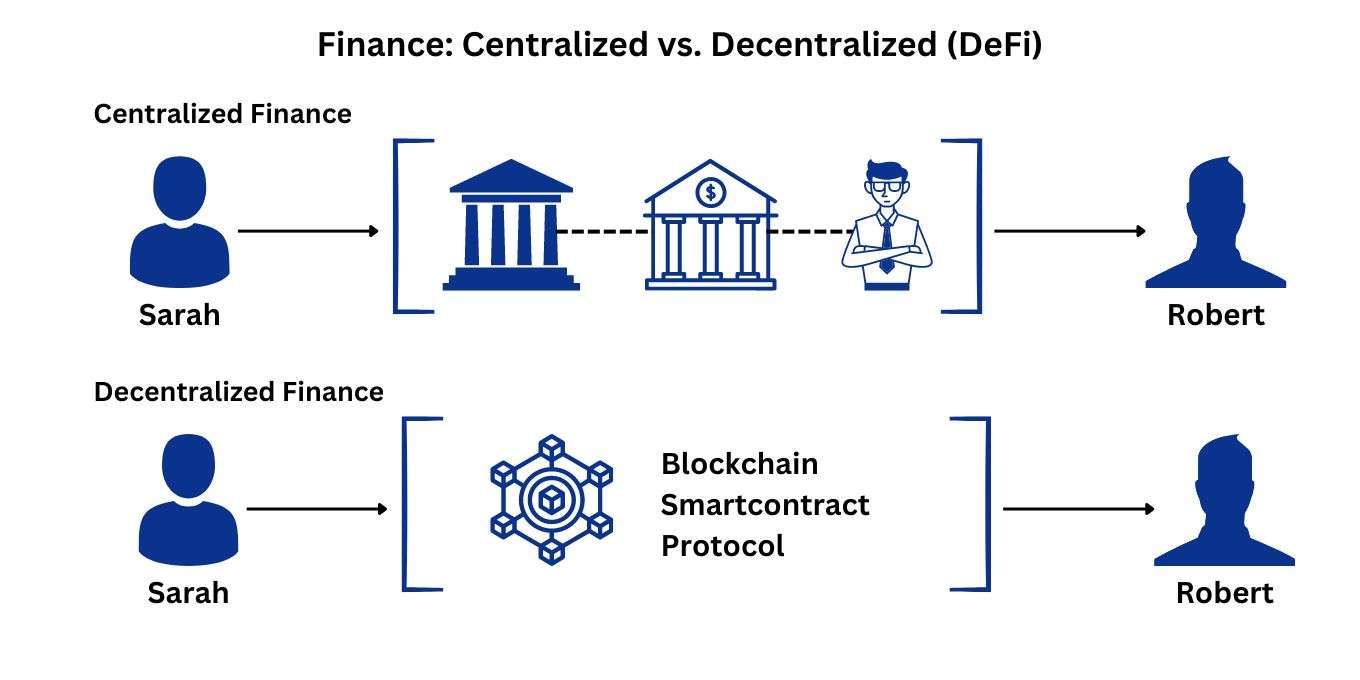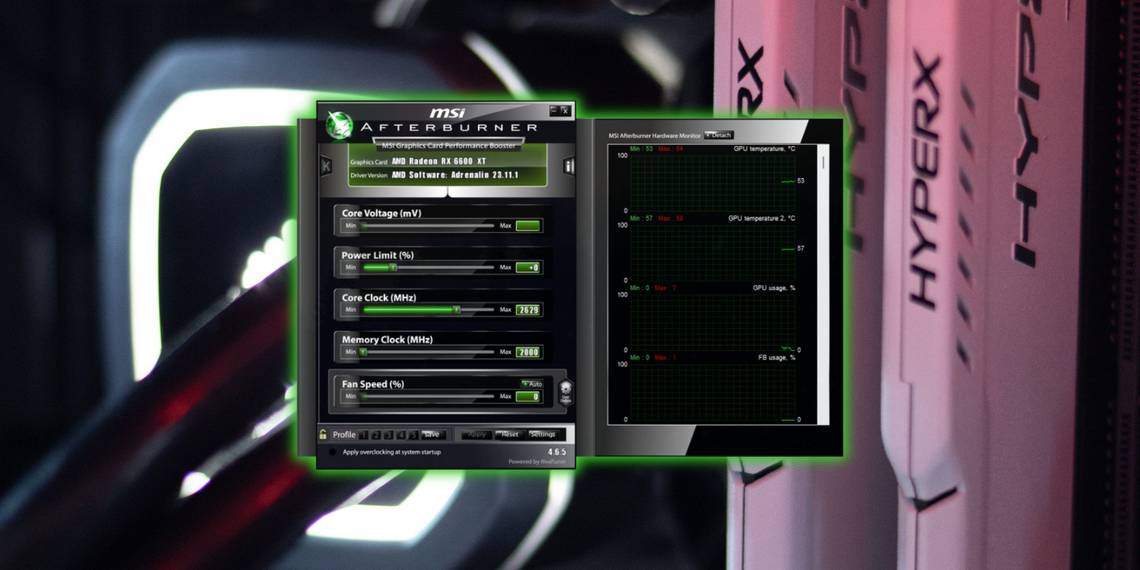If you’re new to cryptocurrency or blockchain, you might have heard the term “smart contracts” and wondered what it means. Don’t worry—smart contracts aren’t as complicated as they sound! They’re a powerful feature of blockchain technology that can automate tasks and make transactions more secure. This beginner-friendly guide explains what smart contracts are, how they work, and why they matter in 2025, all in simple terms.

What Are Smart Contracts?
A smart contract is a self-executing program stored on a blockchain that automatically carries out actions when specific conditions are met. Think of it like a digital vending machine: you put in money, select a snack, and the machine delivers it—no cashier needed. Similarly, a smart contract follows pre-set rules to complete tasks without middlemen.
Smart contracts run on blockchains like Ethereum, which is the most popular platform for them. They’re written in code and are secure, transparent, and tamper-proof, making them ideal for things like payments, agreements, or even games.
How Do Smart Contracts Work?
Smart contracts are like “if-then” statements in everyday life. For example, “If you pay $100, then you get a concert ticket.” Here’s how they work on a blockchain:
- Code is Written: A developer creates the smart contract with rules (e.g., “Send 1 ETH to Alice if Bob confirms delivery”).
- Stored on Blockchain: The contract is uploaded to a blockchain like Ethereum, where it’s stored across many computers.
- Conditions Are Met: When the pre-set conditions happen (e.g., Bob confirms delivery), the contract automatically executes.
- Action Happens: The contract completes the task, like transferring money or releasing a digital asset.
Because smart contracts are on a blockchain, they’re secure, can’t be changed, and don’t need a middleman like a bank or lawyer to enforce them.

Why Are Smart Contracts Important?
Smart contracts are a big deal in 2025 because they make transactions faster, cheaper, and more trustworthy. Here’s why they matter:
- No Middlemen: They cut out intermediaries, saving time and fees.
- Security: Blockchain’s encryption ensures contracts are tamper-proof.
- Transparency: Anyone can verify the contract’s code and actions on the blockchain.
- Automation: They execute automatically, reducing human error or delays.
These benefits make smart contracts useful for many industries, from finance to gaming.
Real-World Uses of Smart Contracts
Smart contracts are already changing how things work. Here are some beginner-friendly examples:
1. Decentralized Finance (DeFi)
In DeFi, smart contracts power platforms like Uniswap or Aave, letting you trade crypto, borrow money, or earn interest without banks. For example, a smart contract might automatically lend your Ethereum to someone and pay you interest when they repay.

2. Digital Collectibles (NFTs)
Non-fungible tokens (NFTs), like digital art or collectibles, use smart contracts to prove ownership and transfer items. When you buy an NFT on a platform like OpenSea, a smart contract ensures the seller gets paid and you get the digital asset.
3. Supply Chain Tracking
Companies use smart contracts to track products, like ensuring coffee beans are ethically sourced. A smart contract might release payment to a farmer only when goods reach the buyer, ensuring fairness.
4. Real Estate
Smart contracts can simplify home buying by automating payments and ownership transfers. For example, a contract could release funds to a seller once a digital deed is signed, cutting out paperwork and notaries.
5. Gaming and Apps
Blockchain-based games like Axie Infinity use smart contracts to manage in-game items or rewards. Players can trade items securely, knowing the contract enforces the rules.

Benefits of Smart Contracts for Beginners
Why should newbies care about smart contracts? Here’s what they offer:
- Cost Savings: No fees for middlemen like banks or lawyers.
- Speed: Transactions happen instantly when conditions are met.
- Trust: Blockchain ensures the contract can’t be altered or cheated.
- Accessibility: Anyone with a crypto wallet can use smart contracts globally.
Challenges of Smart Contracts
Smart contracts are powerful but have limitations beginners should know:
- Code Errors: If a contract’s code has bugs, it could fail or be exploited.
- Irreversibility: Once executed, smart contracts can’t be undone, even if you make a mistake.
- Complexity: Understanding smart contracts takes time, but resources like CoinDesk simplify it.
- Fees: On blockchains like Ethereum, “gas fees” for running contracts can be high during busy times.
Despite these challenges, smart contracts are becoming more user-friendly in 2025 with better tools and cheaper blockchains.
How to Start Exploring Smart Contracts
Want to see smart contracts in action? Here’s how beginners can get started in 2025:
- Learn the Basics: Read guides on CoinDesk or Cointelegraph to understand blockchain and smart contracts.
- Get a Crypto Wallet: Download a wallet like MetaMask or Trust Wallet to interact with smart contracts.
- Try DeFi or NFTs: Use a small amount of Ethereum to swap tokens on Uniswap or buy an NFT on OpenSea to experience smart contracts.
- Join Communities: Ask questions on Reddit’s r/ethereum or r/cryptocurrency for beginner tips.
Tip: Start with small transactions to avoid costly mistakes, and secure your wallet with a hardware device like Ledger.

Tips for Beginners Using Smart Contracts
As you explore smart contracts, keep these tips in mind:
- Start Small: Test smart contracts with tiny amounts of crypto to learn safely.
- Secure Your Wallet: Never share your wallet’s seed phrase, and enable 2FA on accounts.
- Check Gas Fees: Use tools like ETH Gas Station to trade when Ethereum fees are low.
- Avoid Scams: Stick to trusted platforms like Uniswap, and avoid “too good to be true” projects.
Conclusion
Smart contracts are a game-changing feature of blockchain, automating tasks and cutting out middlemen in finance, gaming, and more. By running on secure blockchains like Ethereum, they offer trust, speed, and accessibility for beginners in 2025. Start exploring by setting up a MetaMask wallet, trying a DeFi app, or learning more on CoinDesk. With a little practice, you’ll see why smart contracts are transforming the digital world!






















